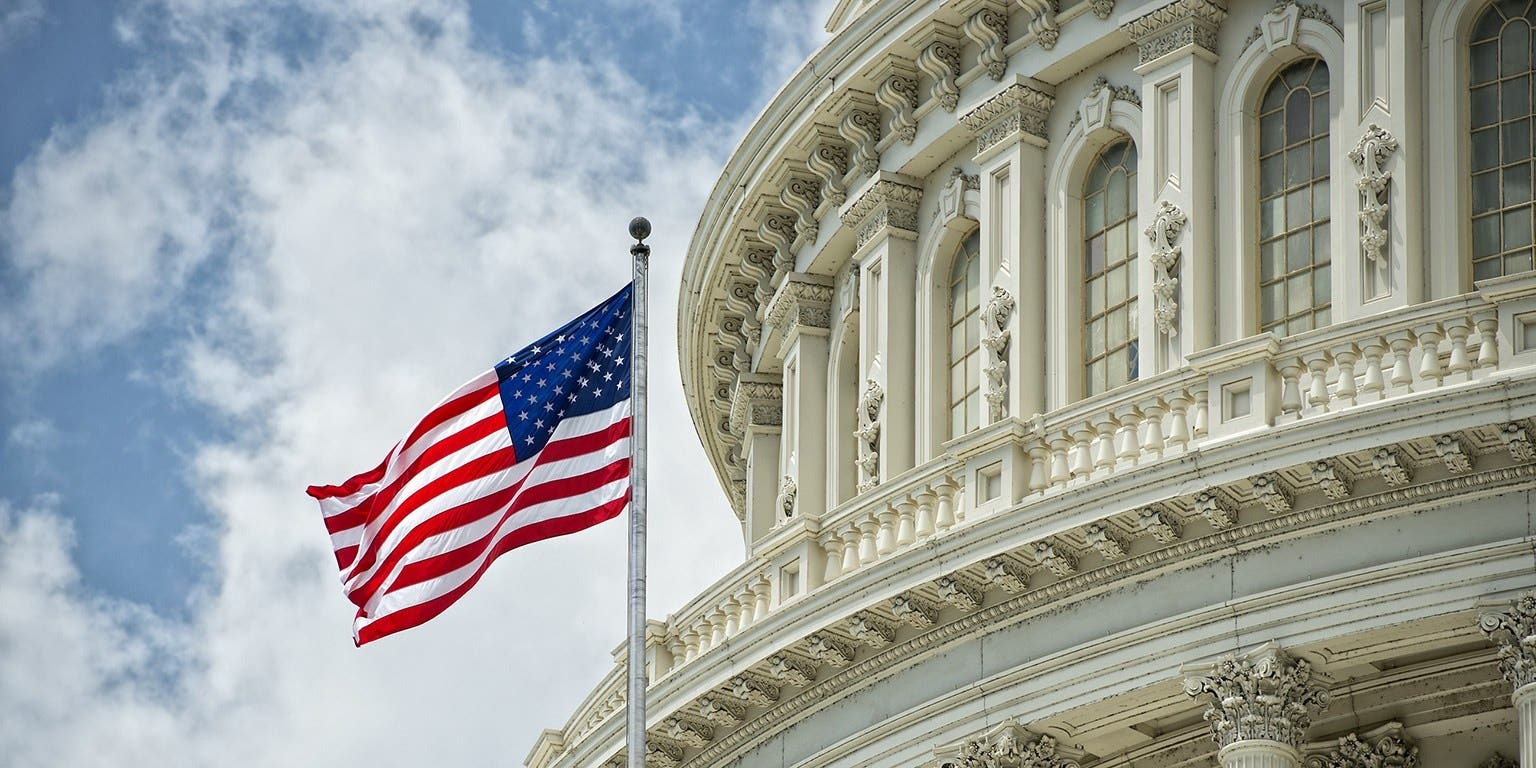08 Apr Higher Education Grant Training Series: Starting an Office of Sponsored Research
Cost: $25/session or $125 for the full series Higher Education Grant Training Series: Starting an Office of Sponsored Research Whether you are new to grant writing or you are ready to advance your career as a grant professional, institutions of higher education (IHEs) are a great place...
08 Apr Federal Grants: Managing the Development of a Federal Grant Proposal
Posted at 12:58h
in Competency Three, Competency Two, Courses, Federal Grants, Grant Management, Grant Training Series, Grant Writing, How-To, Julie Assel, GPC
Federal Grants: Managing the Development of a Federal Grant Proposal Session 5 of the Federal Grants Series Many nonprofits are not successful with federal grants because they do not have the time or expertise to run effective project design meetings. This causes proposals to become rushed at...
03 Apr The Value of an Experienced Reviewer by Tracey Diefenbach, GPC
Posted at 11:11h
in Competency Seven, Evaluation, Federal Grants, Professionalism, Tracey Diefenbach, GPC, Writing
Hello April! I am greeting this month with big, open arms – ready for sunshine, warmer temperatures, open windows, and a good, deep spring cleaning (who doesn’t love washing windows and scrubbing baseboards?). If those are not enough reasons to love April, here’s one more: it’s National Volunteer Month – a time to celebrate and promote volunteerism and helping hands.
As a grant professional in the field for over 16 years, I have come to understand and deeply appreciate the value of a helping hand. One of the most valuable helping hands I have seen is proposal reviews, particularly for federal proposals (perfect timing as spring is often a federal grant season!). I have been fortunate enough to experience both internal and external reviews from those who are unfamiliar with my proposal’s program or the agency. BONUS: I have also served as an external reviewer for federal grant programs. The benefits of these extra eyes and hands are invaluable especially in an ever growing, highly competitive environment.










